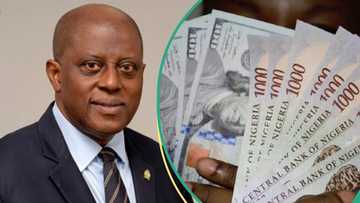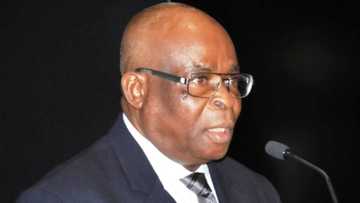When was CBN established in Nigeria and other interesting facts
Do you know when was CBN established? The Central Bank of Nigeria is the primary monetary authority that is in charge of finance in the country. Discover the history of the Central Bank of Nigeria.

Source: UGC
Every state needs a central bank, which operates and regulates banks. The central bank is an inevitable institution in a country that keeps track of the finances and economy of the land. Here are top facts you should know about CBN Nigeria.
The Central Bank of Nigeria: history
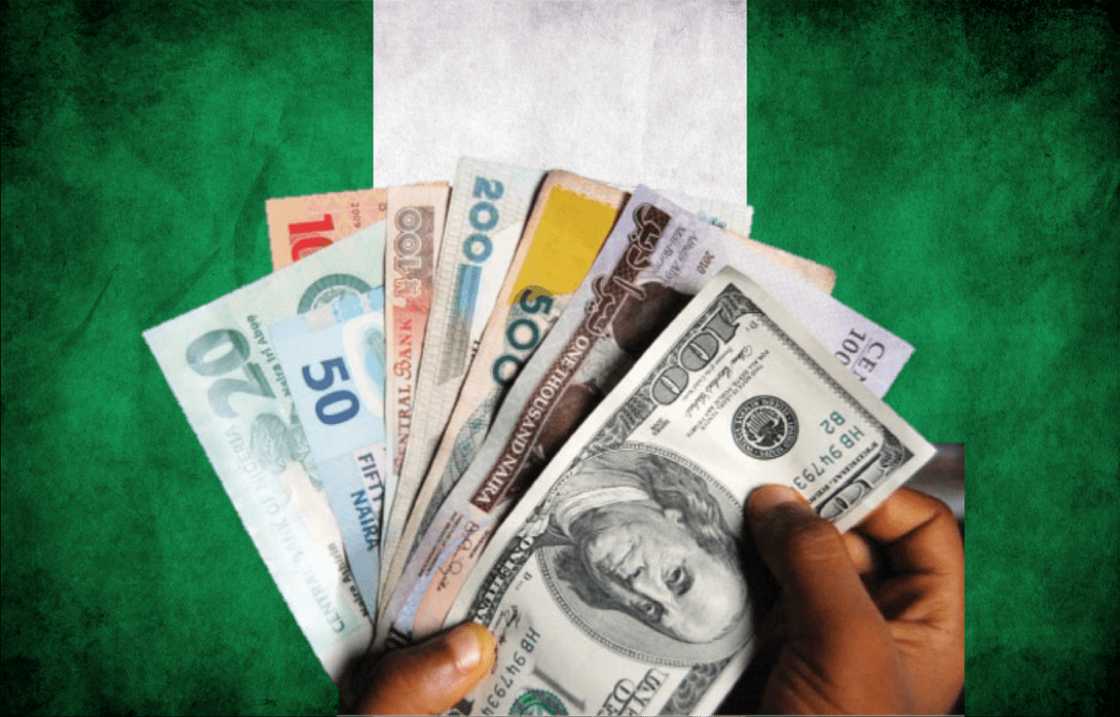
Source: UGC
The CNB in Nigeria was established in 1958. It happened due to many reasons. Firstly, before that, the banking industry was poorly controlled. Lots of banks were non-viable. Plus, the banking system needed order.
Thus, in 1958 a bill for the establishment of Central Bank of Nigeria was presented to the House of Representatives of Nigeria and the bank began operating on 1st of July, 1959.
The following year, CBN Nigeria issued its first treasury bills. In 1961, banks were given full instruction on how to exchange and clear checks. Also, in July of that year, the CNB completed issuing all denominations of new Nigerian notes and coins and redeemed all of the West African Currency Board's previous money.
What does CBN do?

Source: UGC
READ ALSO: Top 10 banks in Nigeria
In the first years of existence, the principal function of CBN was to control and supervise the banking sector, as it was in a complete mess. Central Bank played the role of an advisor for the government to tailor monetary policy and the federal budget. However, the bank itself wasn’t competent enough in financial issues, so the fundamental decisions were soon put on the shoulders of the finance ministry.
Generally speaking, the CBN in Nigeria didn’t fulfill its duties admirably. Incompetent decisions, slow reactions on the financial and economic events, wrong guidelines lead to the massive debt of the country in the sum of $6 billion in 1983.
Governor of the Central bank of Nigeria
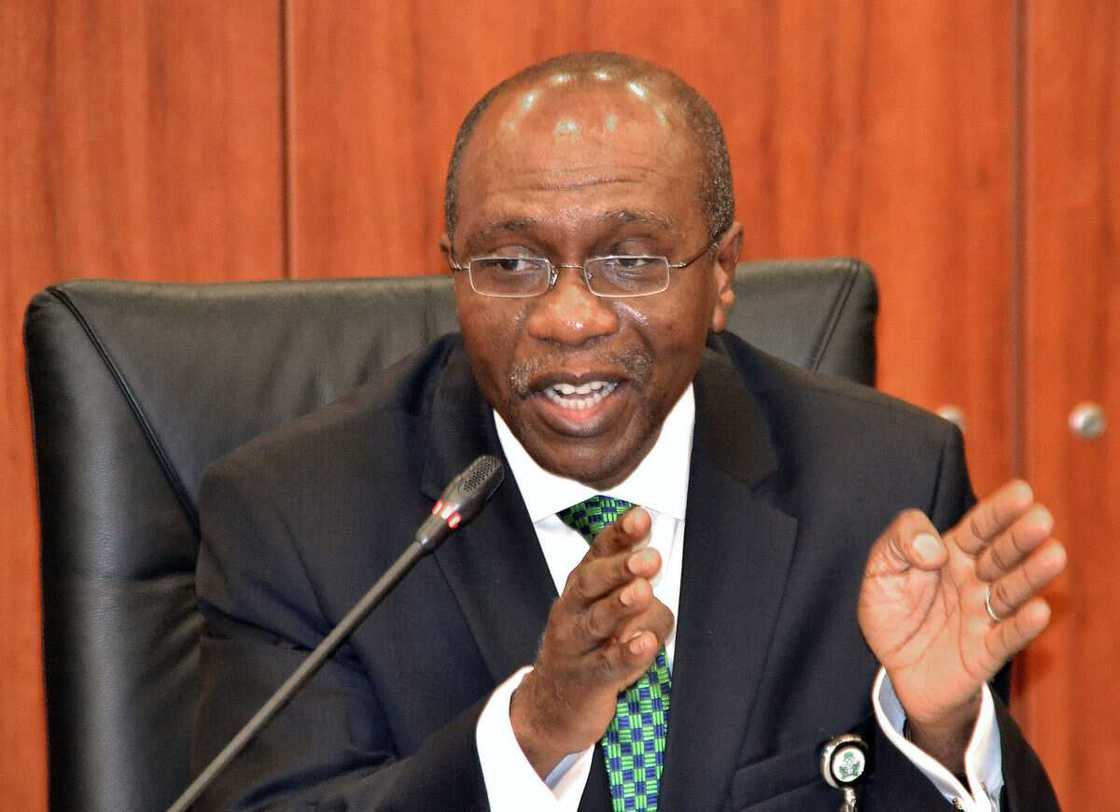
Source: UGC
The first CBN governor was Roy Pentelow Fenton, who was appointed on 24th of July 1958 and remained in the position till 1963. In general, there have been 11 governors in the history of the Central Bank. The current governor is Godwin Emefiele, who took office in 2014.
Among all the governors it is worth mentioning the time of Charles Chukwuma Soludo from 2004 till 2009. During that period, the Central Bank of Nigeria contributed much to the stability and growth of the local banks. The CBN at that time made sure commercial banks had a capital reserve to operate.
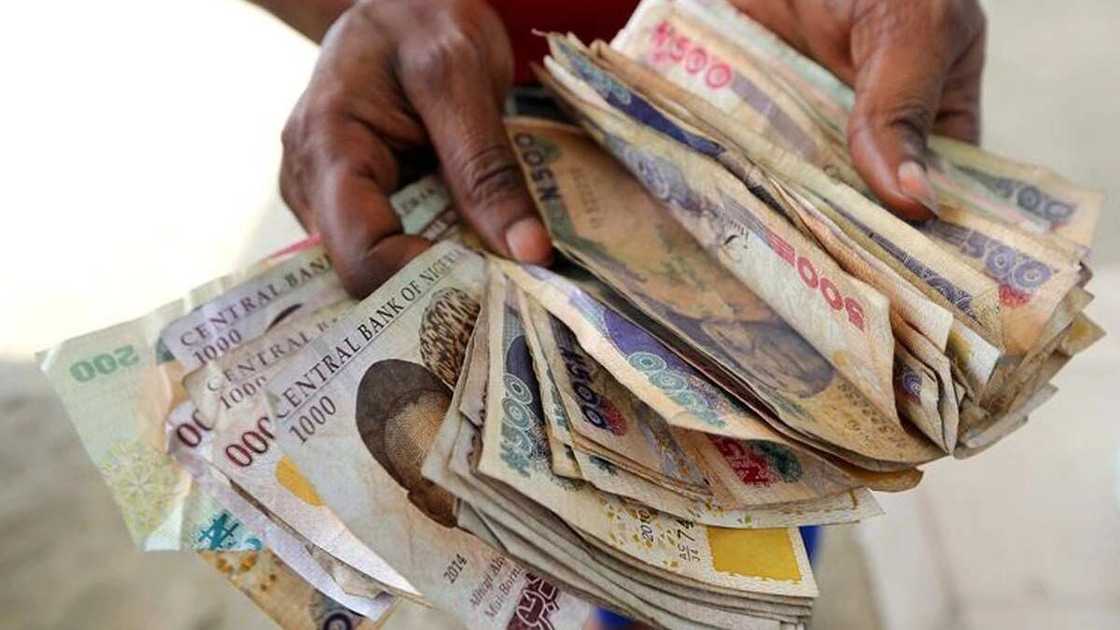
Source: UGC
The policy of CBN at that time led to the fact that some banks closed, while others merged with the larger banks.
Due to the implemented strategy, the banking sector in Nigeria strengthened. Today Nigeria can brag about having one of the most advanced financial institutions in Africa. Its banks have branches in many other states.
Functions of Central Bank
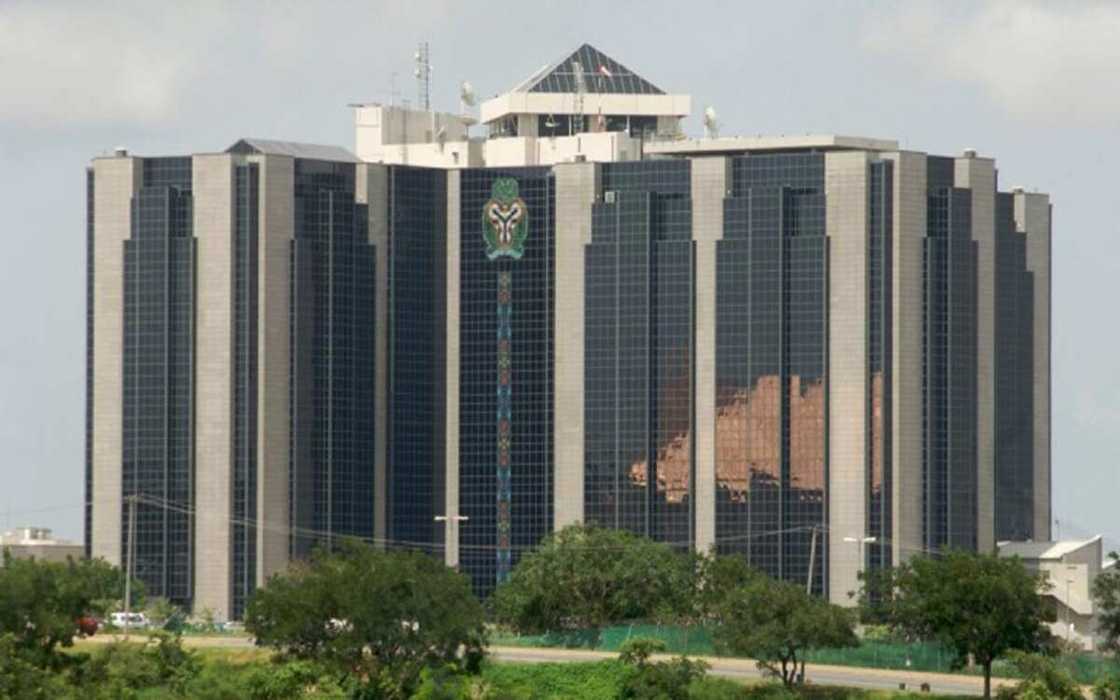
Source: UGC
- Manage, regulate and supervise banking and financial systems
- Form and implement monetary policy
- Manage reserves
- Ensure the stability of financial markets
It is evident that Central Bank plays an essential role in banking and financial policy. To some extent, it chooses the direction of the development for the economy. Even though there are many other factors that also influence the economic situation in the country, the role of the Central Bank cannot not be underestimated.
Now you know about the functions of CBN Nigeria, it’s history and roles.
Source: en.wikipedia.org
READ ALSO: How to Access Loan from the Bank of Industry in Nigeria
Source: Legit.ng


